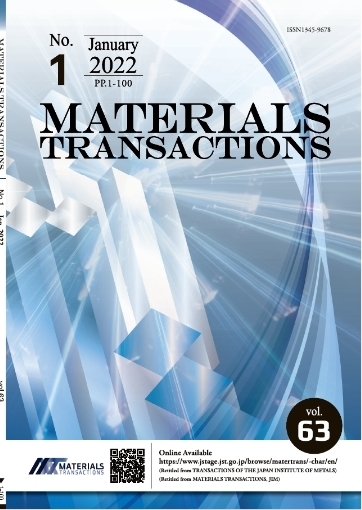Effects of Oxygen Fuel Rate on Microstructure and Wear Properties of Detonation Sprayed Iron-Based Amorphous Coatings
Lu Xie, Yue-Ming Wang, Xiang Xiong, Zhao-Ke Chen, Ya-Lei Wang
pp. 1867-1871
Abstract
The Fe-based (iron-based) amorphous coatings were prepared by detonation spray at various oxygen fuel rates. The microstructure and wear properties were examined. The amorphous phase contents of coatings were calculated to be 89.73%, 86.23% and 81.46%, respectively, which were higher than those fabricated by other thermal spray techniques. The porosity was tested to be 2.1%, 1.4% and 0.8%, respectively. The wear resistance of Fe-based amorphous coatings was four times better than the stainless steel substrate. The oxygen fuel rate of 1.2 m3/h∼1.0 m3/h was proved to be the optimal parameter of fabricating Fe-based amorphous coating. The effects of oxygen fuel rate were discussed.
Readers Who Read This Article Also Read
QUARTERLY JOURNAL OF THE JAPAN WELDING SOCIETY Vol.19(2001), No.1
SICE Journal of Control, Measurement, and System Integration Vol.11(2018), No.1
ISIJ International Vol.59(2019), No.1










